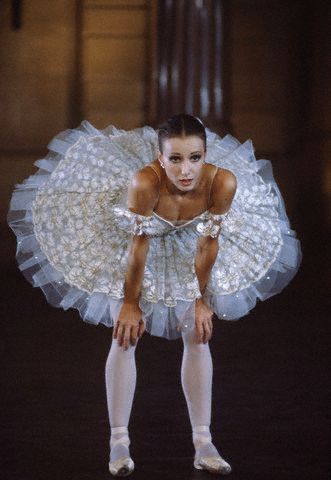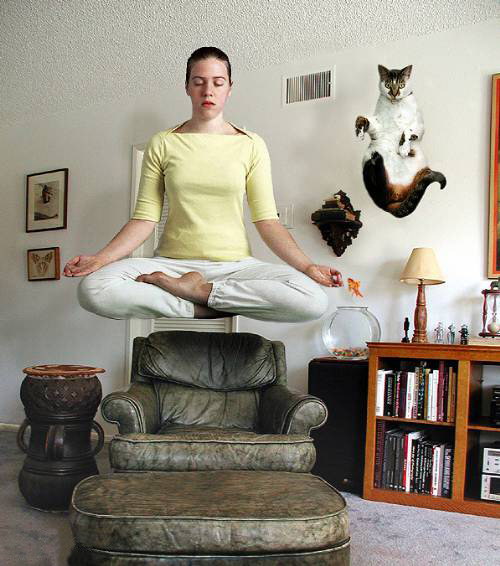Shortly after my diagnosis, I applied for and received scholarship funds to pay for alternative medicine treatments. Living in the Bay Area, my choices were endless: Chinese Medicine, nutritional therapy, energy healing. Practitioners wanted to shove coffee up my ass, have me go on juice fasts, float in healing water pools, select animal totems, and gulp down putrid herbs. They used dirty words like sleep and meditation too.
Alternative medicine is just one more area of cancer care that I’ve had to get savvy about navigating. It is just as much of an industry as standard cancer care with its own pit falls, winners, and losers.
Walking into an alternative medicine practitioner’s office is a wild card compared to the narrow experience of visiting a traditional doctor’s office. The alternative medicine industry has few standards or regulations (though they could well afford to). Many practitioners are zealous about healing in ways that are not always realistic or are an overreaction to allopathic cancer care. And because many alternative methods depart from science to some degree, they often involve varied emotional, spiritual, and religious components that can be jarring to survivors whose internal worlds might already be in an precarious spin.
I was an avid and educated alternative medicine consumer long before I was diagnosed with cancer, and continue to use it as part of my care. But I don’t talk or write about my personal alternative medicine experiences. I’m not interested in becoming a walking billboard for a lifestyle that I can’t scientifically prove has had an impact on my health, nor do I know if it would be beneficial to the particular disease path of any other patient.
Still, I’m a huge proponent of getting smart about alternative care and wrote in Everything Changes extensive guidelines for defining your alternative medicine goals, questions to ask a practitioner, and other checklist for evaluating alternative medicine experiences.
My number one tip is that although many forms of alternative medicine use concepts that we cannot rationally understand, you should always still use intelligent, rational thought processes in deciding whether the methodology is right for you and if the practitioner is a trustworthy, educated, experienced, and intelligent person.
Have you used alternative medicine? How did you go about finding a practitioner? What qualities did you look for? Any good stories to share about the winners as well as the wackos?
Check out Everything Changes for a mini-guide on navigating the world of alternative medicine.
![]()
![]()


 “Everything Changes is, without doubt, the most forthright, emotionally sophisticated, and plain-old valuable book of its kind I've seen.”
“Everything Changes is, without doubt, the most forthright, emotionally sophisticated, and plain-old valuable book of its kind I've seen.”












